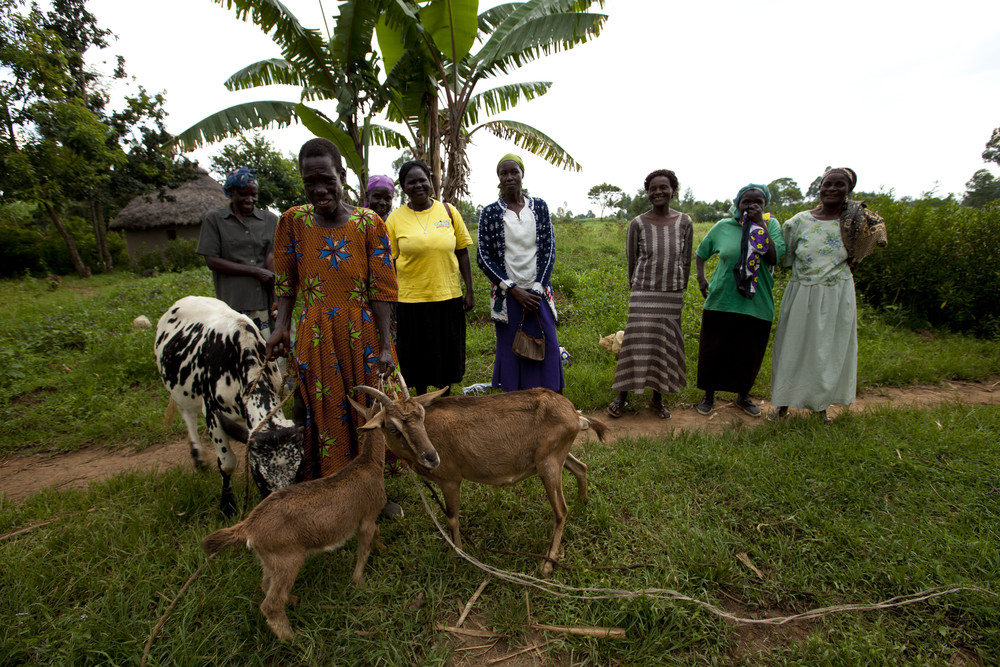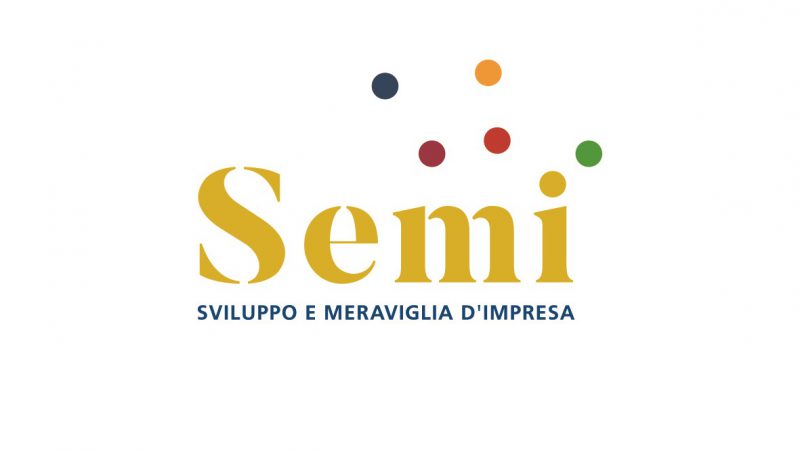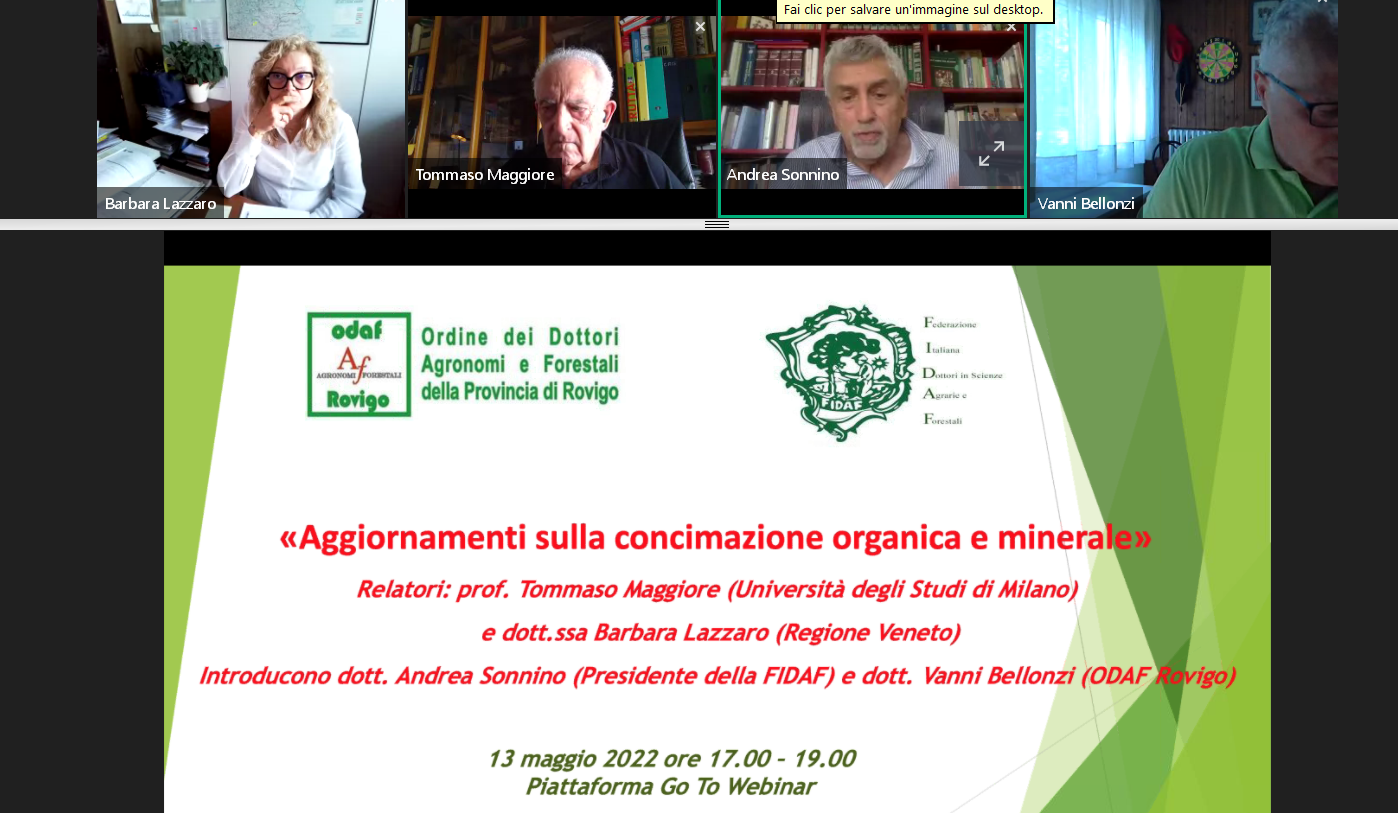International Women’s Day: Empowering rural women to achieve food and nutrition security
Studies have shown that their economic and social empowerment leads to improvements in agricultural production, food security, nutrition, economic growth and social welfare.
Rural women make significant contributions to their local economies, and to global trade, as smallholder farmers, entrepreneurs and labourers. They are responsible for producing and processing food, and feeding and caring for family members − particularly children and the elderly. They also generate income and contribute to the overall well-being of their households.
However, in many countries, rural women continue to face discrimination in access to agricultural assets, education, health, employment and other services. Such obstacles prevent them from fully enjoying their fundamental rights and opportunities for growth.
To address these issues, IFAD is hosting a panel of leading experts from the Rome-based agencies who will share stories of innovations that have empowered women, made a difference to rural livelihoods and contributed to food security and nutrition. The agenda for the 6 March panel covers a range of issues and case studies from Bangladesh to Madagascar to Niger, with a focus on:
- How raising small livestock can make a difference in rural women’s lives
- How rural women and men work together to bring about changes in their communities – including gender equality – through FAO-supported ‘listeners’ clubs’
- Why both women and men need to be involved in efforts to improve nutrition
- Why women’s land rights are key to their empowerment.
Livestock and women’s empowerment
The livestock sector, in particular, reflects both the challenges and the opportunities that rural women face. The sector supports the livelihoods of an estimated 800 million rural poor people worldwide. And while women have different roles in livestock production from region to region, they play an important part in global livestock management, processing and marketing.
Yet women face disproportionate challenges in access to livestock services, information and technologies, which hinder their ability to increase productivity. Similarly, women’s access to and control over land is often limited. Social and cultural norms can make it difficult for them to move around freely or to travel alone to remote areas where livestock sometimes graze.
Nevertheless, livestock ownership has great potential to increase women’s economic empowerment. It is a source of cash and can open up access to credit. Owning, controlling and benefiting from livestock production increases women’s self-esteem and strengthens their role as producers and income generators in the household and the community. Evidence shows, as well, that women are more likely than men to use their incomes to improve their children’s nutrition, health care and schooling.
Field-based approaches
Addressing gender roles in livestock projects means identifying and understanding the different livelihood needs and priorities of women and men. IFAD finances a range of projects that do just that in order to promote women’s livestock ownership.
In Bolivia, for example, an IFAD-financed project works to expand women’s involvement in raising llamas and other camelids. In Senegal, IFAD supports efforts to strengthen women’s involvement in raising poultry through capacity-building activities and increased access to technical knowledge. In Tajikistan, women’s earning opportunities have improved after they received training in production of high-quality mohair with IFAD’s assistance.
And in Kenya, women are key players in a dairy production programme that focuses on goat farming for households that are too poor to own a cow. A system of goat donations helps to ensure that the poorest and most vulnerable community members – including many women – have a chance to overcome extreme poverty and begin building small enterprises.
These are just a few examples of the field-based approaches to gender equality that IFAD and its partners plan to highlight this International Women’s Day. Twenty years after the Beijing conference, progress continues but significant obstacles must still be surmounted.
See the article: http://www.ifad.org/story/feature/women.htm






